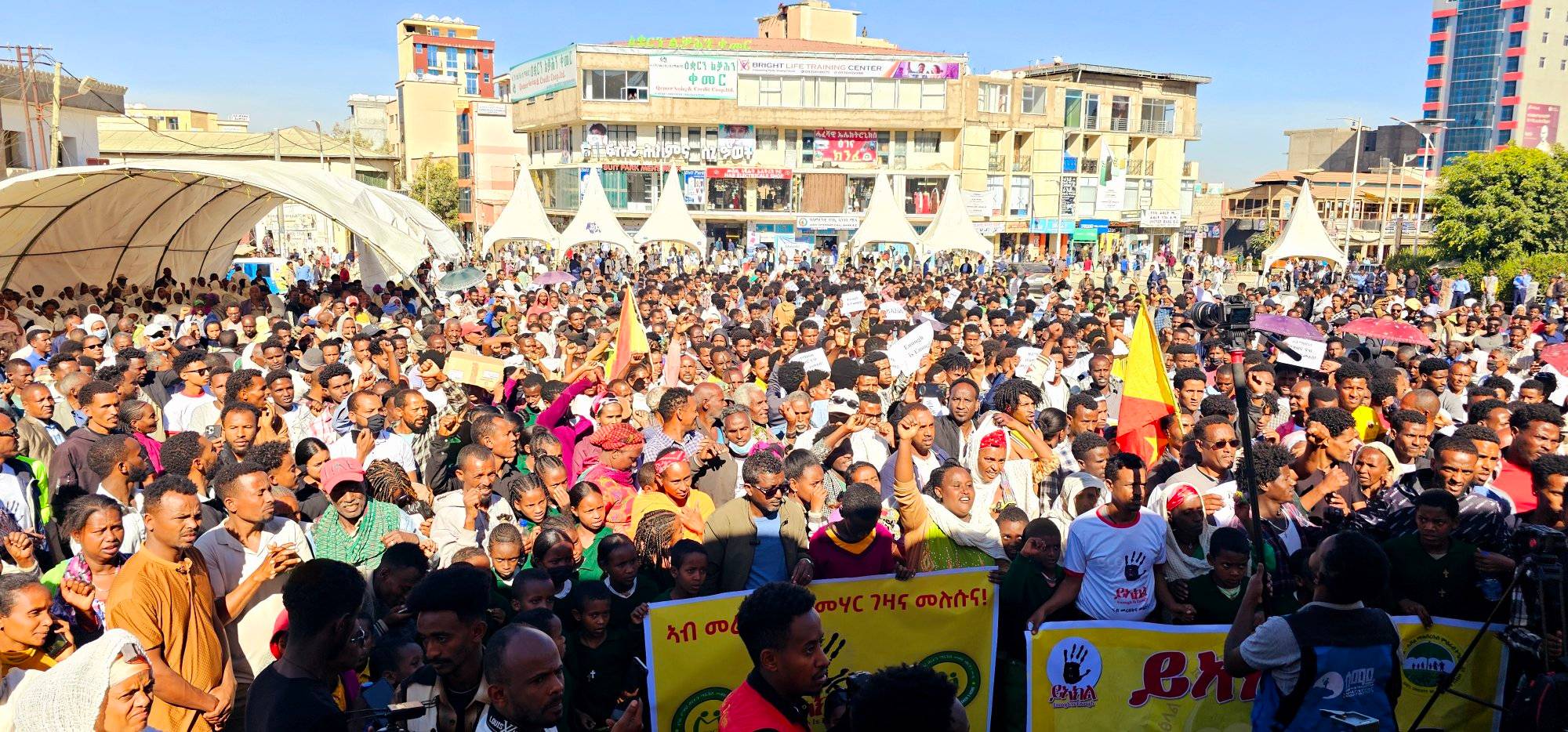A new journal article by Solomon Dersso, a former WPF Research Fellow, is now available through International Peacekeeping. The essay, ‘Defending Constitutional Rule as a Peacemaking Enterprise: The Case of the AU’s Ban on Unconstitutional Changes of Government’, was partially developed for the WPF report, ‘African Politics, African Peace.’
Abstract:
The African Union (AU) norm relating to unconstitutional changes of government (UCG) distinguishes the African peace and security order from other regional and global peace and security orders. This norm assigns the regional organization an intrusive role unparalleled by other international organizations as far as the constitutional and democratic order of member states is concerned. The norm bans UCG and also provides for enforcement measures that received regional constitutional status in the founding treaty establishing the AU. Despite its emergence accompanying the democratization process that countries on the continent ventured into in the 1990s, seen in the light of Africa’s unhappy experience with illegal change or seizure of government, this norm cannot be dissociated from the continent’s concern about peace and security. Indeed, the norm’s defence of constitutional and democratic rule from unconstitutional changes has evolved and been utilized to operate as a means of promoting or securing stability and peace. Simultaneously, while the relatively consistent practice of enforcement of the norm that the AU developed over the years has served the objective of maintaining peace and security in Africa by playing key role in the decline of incidents of UCG, various challenges relating to its efficacy have been observed.
From the conclusion:
While the AU has developed rich instruments on the protection of human rights and principles of democracy and constitutionalism, the AU norm on UCG has been made to offer the strongest enforcement mechanism and defence for commitments African states made in various AU instruments with respect to democratic and constitutional rule.
As this article examined in great depth, an important feature of the AU norm is that it has operated as a peace and security mechanism. It has been revealed that the norm defines the conditions for AU’s response to address in a systematic and predictable form major breaches of constitutional rule as outlined in the various AU instruments. Indeed, the dynamic elaboration of the norm on UCG and development of an increasingly effective practice of enforcing the norm against breaches, show that the AU has gone much further than the UN and general international law in establishing an elaborate list of major breaches of the principles of constitutionalism and democracy as ‘threats to peace and security’.
In terms of its effectiveness, the value of the norm in defending the principles of democracy and constitutionalism is most notable in its contribution to the decline in the frequency of coups in Africa. While various factors contribute to it, the factual decline in the occurrence of coups in Africa is in significant measure attributable to the AU norm. In other words, ‘the AU’s policy has played the most significant – but not the only – role in the process, without which the outcome might have been very different’.54 The AU norm has made such contribution not only by making the cost of coups high but also by serving as catalyst in mobilizing national, regional and international actors against UCG particularly coups and towards the efforts for the restoration of constitutional order.
The major drawback in the norm on UCG and the AU’s practice in enforcing this norm relates to addressing the democratic deficits that in the first place create the conditions for the perpetration of UCG. This refers to addressing the root causes of UCG. Admittedly, apart from other AU instruments, the Lomé Declaration itself outlined a set of democratic values and principles and emphasized that ‘the strict adherence to these principles and the strengthening of democratic institutions will considerably reduce the risks of unconstitutional change on our Continent’.
This notwithstanding, the norm on UCG has continued to be applied in a context that is largely divorced from the broader issues of the rule of law, human rights, democracy and good governance. Accordingly, while the AU has developed a relatively sophisticated framework for enforcing the norm on UCG, it has not provided for similar mechanisms of sanctioning serious democratic and human rights deficits.55 As long as this underlying deficiency of the system is not addressed, the norm on UCG will remain ineffective. Rather than sending this anachronistic occurrence of UCG into the dustbin of the past, in these conditions we will rather continue to witness its recurrence and the response of the AU would not go further than being reactive as in the past.
The full essay is available here.


